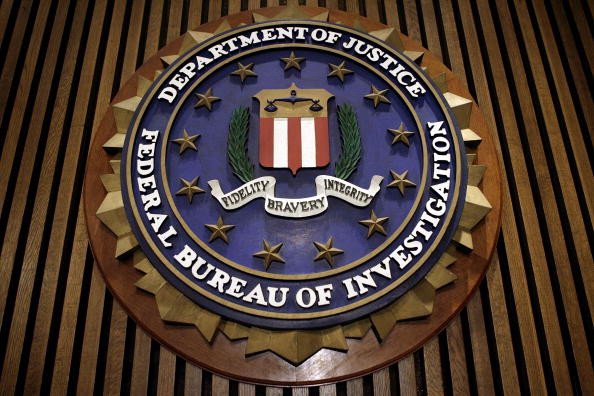Snowden's revelations deterred expansion and use of Patriot Act provision to obtain email records
The US DOJ watchdog's report said 'transactional records for email' were 'the most common type of records requested'.

Edward Snowden's disclosures had a hand in helping scale back a potential massive expansion and use of a controversial provision of the Patriot Act, according to a new report issued out by the US Department of Justice's (DOJ) internal watchdog. The Patriot Act provision, titled Section 215, was used extensively by the FBI, prior Snowden's disclosures to obtain email and other supposed "business records".
Section 215 provides US law enforcement and intelligence agencies the ability to acquire individuals' communications, including phone calls and emails, pertaining to terrorism or espionage investigations, from a service provider. The Office of the Inspector General report, which has been heavily redacted, revealed that the FBI in 2009 began facing resistance from email and other service providers when served with the controversial National Security Letters.
As an alternative way to acquire records, the FBI began seeking information via warrant requests to the secretive surveillance panel – the Fisa court, using Section 215 of the Patriot Act. According to the report, apart from bulk data collection, "Transactional records for email," were found to be "the most common type of records requested". The move also resulted in "exponentially" increasing the FBI's aspiration to acquire emails and other records under the Patriot Act provision.
An unnamed senior national security official told the inspector general that the "stigma" associated with the use of the Section 215 of the Patriot Act had resulted in privacy groups rousing to put a stop to it. "I think it's possible that folks ... have decided it's not worth pursuing [business records orders], you know, obviously things haven't been great since Snowden either," the report quoted the anonymous national security official as saying.
The before and after
The report revealed that while the Fisa court approved 21 of the FBI's requests in 2009, by 2012, 212 such requests were approved by the court. Additionally, between 2012 and 2014, the Fisa court issued out 564 such orders, which the inspector general classified as "a dramatic increase". An older report by the DOJ watchdog revealed that in comparison, the Fisa court had issued out only 51 orders for procuring domestic email and internet metadata between 2007 and 2009, the Guardian reported.
However, following Snowden's revelations, which were brought to light in 2013, there was a marked difference in the use of the Patriot Act provision. In 2013, the Fisa court approved 179 warrants to collect non-bulk records from businesses. The numbers consequently fell to 142 in 2015.
The DOJ is, however, yet to make public the specific numbers detailing the scope of the surveillance conducted under Section 215. The charts within the inspector general's report, detailing the FBI's data collection patterns were heavily redacted.
Following Snowden's disclosures, numerous US law enforcement and intelligence officials from the FBI, the NSA and others, asserted claims of the imperative need of the Section 215, specifically for the prevention of terrorism. However, according to the DOJ watchdog's report, "business records orders were used far more frequently in counterintelligence investigations than in counter-terrorism or cyber investigations".
© Copyright IBTimes 2025. All rights reserved.






















